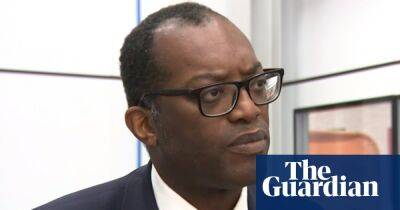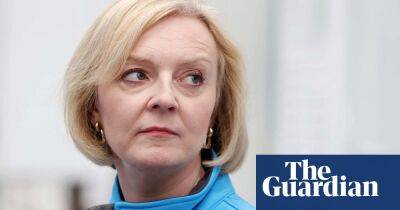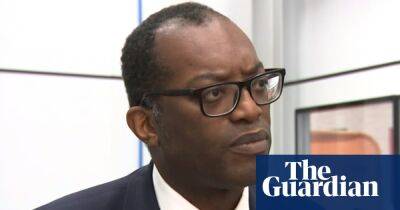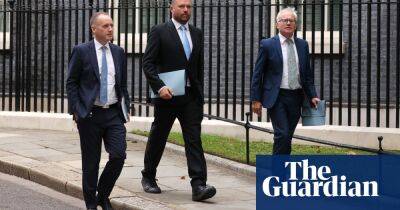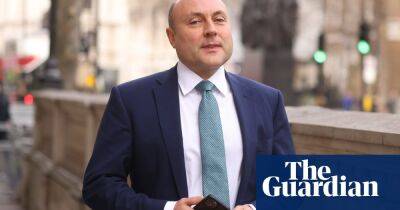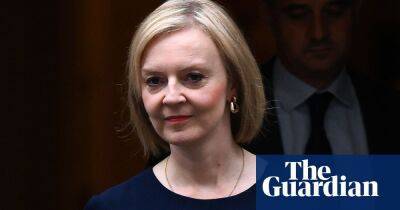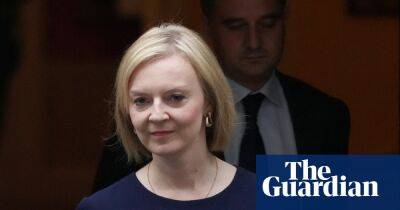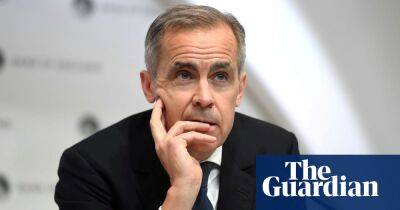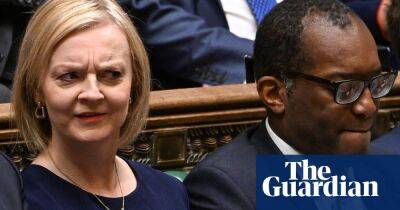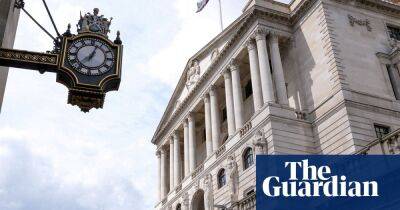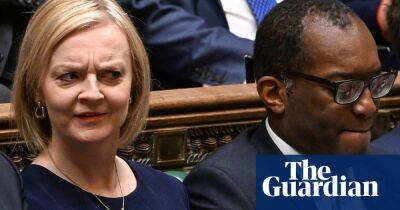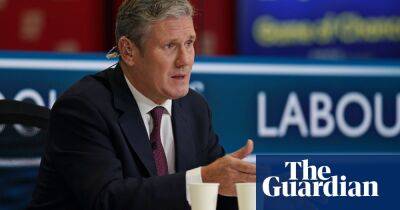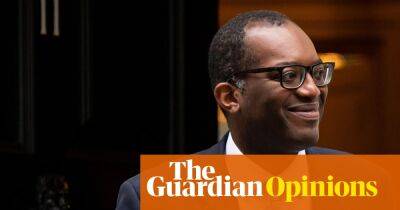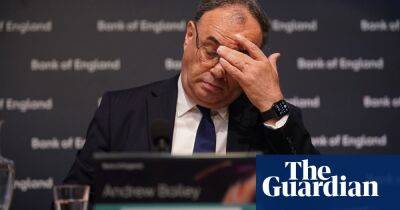Silencing mini-budget analysis will not help Truss woo the markets
The government’s tax-cutting pledges continue to pile up. We already knew Friday’s big reveal would bring a cut in national insurance contributions and a scrapping of the planned hike in corporation tax. Now, it is reported, a giveaway on stamp duty on house purchases is on the cards.
The coy phrase “fiscal event” doesn’t cover it. This is a full-blown budget in all but name. And, critically, it is being launched against the backdrop of a blank-cheque pledge to freeze household energy bills for two years, plus a parallel promise to support companies, charities and public sector organisations for six months – measures that, together, could conceivably add £150bn to public borrowing over the next two years.
What does it all mean for the public finances? Well, we won’t be told, at least not immediately, by the Office for Budget Responsibility (OBR), the body that matters most. The independent watchdog has been gagged, in effect, until the actual budget – which will almost certainly be a smaller fiscal affair – arrives later this year.
The Tory chair of the Treasury select committee, Mel Stride, is furious and is right to be. The economic weather has been transformed since the OBR’s last forecasts in March. If tax policy is to be rewired, a full analysis of its effects on the main moving parts of the finances – growth, the deficit, borrowing, debt-servicing costs – is essential.
Chancellor Kwasi Kwarteng’s plea that the OBR wouldn’t have time to do its work is feeble and disingenuous. OBR officials do not sit idly waiting for perfect data. They appraise and refine constantly. In an exchange of letters with Stride last month, Richard Hughes, the OBR’s chairman, said forecasts that meet the legislative standard could be produced
Read more on theguardian.com

